Foods with highest and lowest bioavailability
Here is a list of foods with the highest bioavailability, meaning their nutrients are readily absorbed and utilised by the body:
- Eggs: Provide highly bioavailable protein and essential nutrients like vitamin B12 and choline.
- Lean Meats: Beef, chicken, and pork are excellent sources of bioavailable protein and heme iron.
- Fish: Salmon, tuna, and mackerel offer highly bioavailable omega-3 fatty acids and protein.
- Dairy Products: Milk, cheese, and yogurt contain easily absorbed calcium and vitamin D.
- Liver: A powerhouse of bioavailable iron, vitamin A, and other essential nutrients.
- Shellfish: Oysters and clams are rich in bioavailable zinc and vitamin B12.
- Cooked Vegetables: Cooking vegetables like carrots and spinach can improve the bioavailability of carotenoids and iron.
- Fruits: Ripe bananas and avocados are easily digestible and offer bioavailable nutrients like potassium and healthy fats.
- Whole Grains (Processed or Cooked): Processed forms like oats and quinoa have improved nutrient absorption compared to raw grains.
These foods offer high levels of nutrients in forms that are easily absorbed by the body, contributing effectively to your nutritional needs.
Foods with virtually no bioavailability often contain compounds that prevent the absorption of nutrients. Here’s a list of such foods, mainly due to high levels of anti-nutrients or inhibitors:
- Raw Spinach: High in oxalates, which can bind calcium and reduce its absorption.
- Raw Beans: Contains lectins and anti-nutrients that inhibit nutrient absorption. Cooking destroys these compounds.
- Uncooked Whole Grains: High in phytic acid, which can bind minerals like iron, zinc, and calcium.
- Raw Nuts and Seeds: Contain phytic acid and enzyme inhibitors that can reduce the bioavailability of minerals and proteins.
- Unripe Bananas: High in resistant starch, which is not easily digestible and can impact nutrient absorption.
- Raw Kale and Cruciferous Vegetables: Contain goitrogens, which can interfere with iodine absorption and thyroid function.
- Raw Oats: Contain phytic acid, though soaking or cooking improves their bioavailability.
- Unprocessed Soybeans: Contains anti-nutrients like phytates and trypsin inhibitors that impair nutrient absorption; cooking or fermentation improves their bioavailability.
These foods can have minimal bioavailability in their raw or unprocessed forms, but cooking, soaking, or other methods can significantly improve nutrient absorption.
